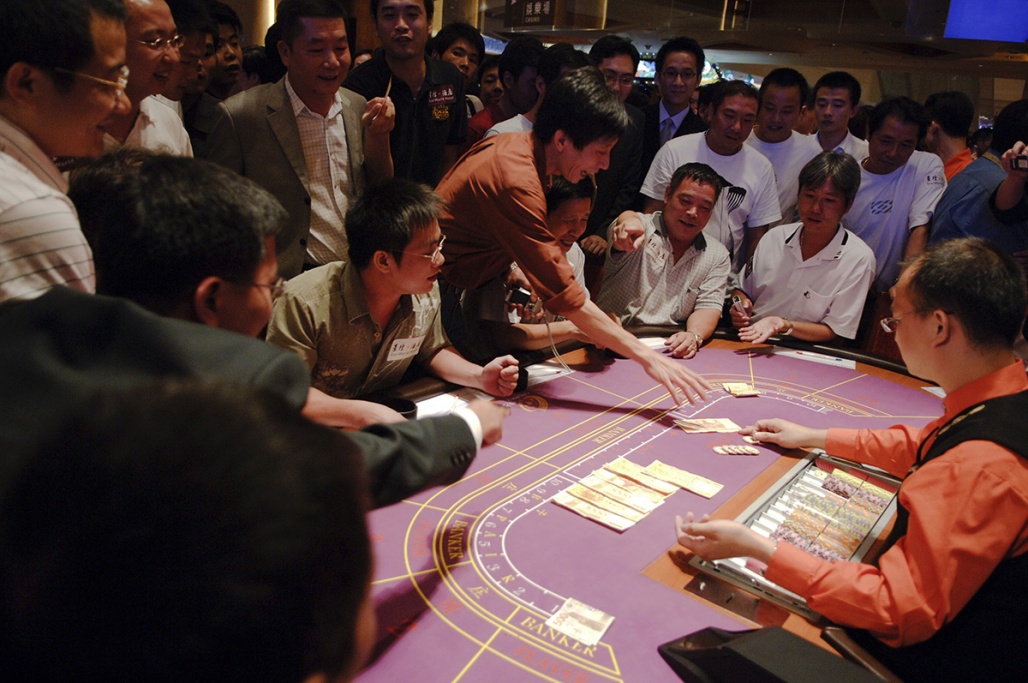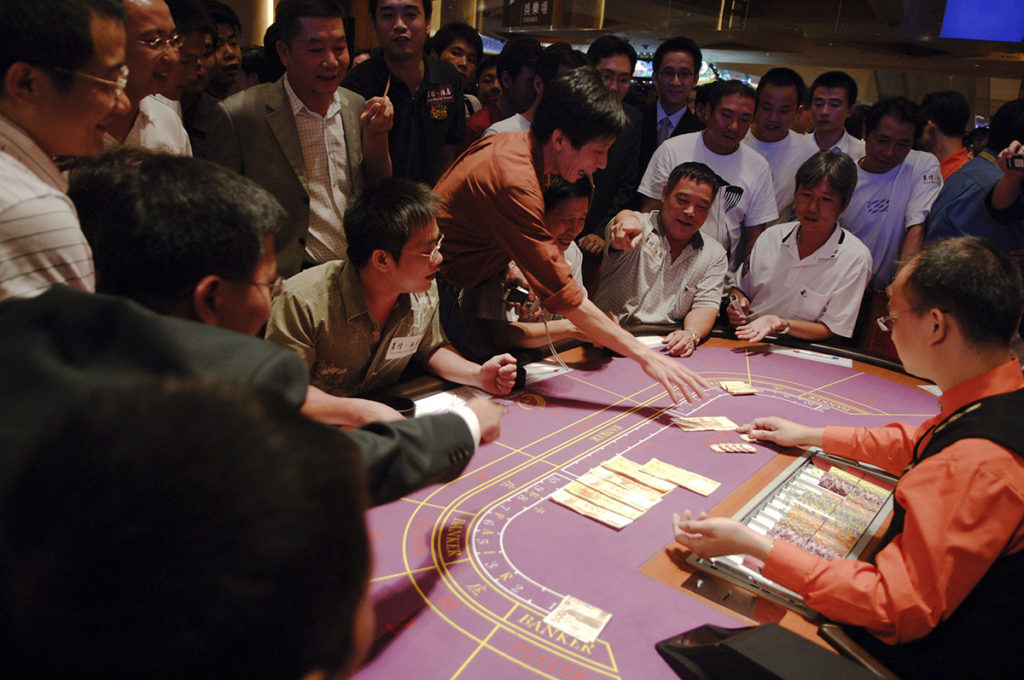One of the inevitable consequences of the expansion of the casino business has been the emergence of problem gambling among casino patrons, whether they are Macau residents or tourists.
Macau Business | May 2024 | Special Report | 20 years, 20 changes
Wai Ming To and Gui-Hai Huang, both from Macao Polytechnic University, conducted the most comprehensive study of gambling problems among casino patrons in 2022, intercepting over 6,000 individuals to participate. Among these participants, 1,352 indicated that they had gambled in casinos at least once in the past 12 months. Over 90 percent of respondents reported gambling in Macau’s casinos and slot lounges, with a monthly average expenditure on gambling of HKD 1,845, ranging from HKD 2 to HKD 375,175.
Finally, the prevalence rates for problem gambling and pathological gambling were 15.1 percent and 7.1 percent, respectively.
“Problem gambling was found to be significantly dependent on whether the gambler was male, separated/widowed/divorced, living alone, 35–54 years old, with a monthly income of HKD 15,000 or above, a job status such as employer/self-employed, and a religion such as Buddhism,” wrote the authors. “Specifically, the analysis showed that male gamblers had a 1.42 times higher risk of becoming a problem or pathological gambler compared to female gamblers when all other predictors were equal.”

“Thus, a middle-aged Chinese man who is self-employed, separated/widowed/divorced, and living alone had a high probability of being a problem gambler, likely due to his financial and family’s independent status with some years of casino gambling experience. While the association between Buddhism and problem gambling may seem surprising, it can be explained by the fact that Chinese men influenced by Confucianism and Buddhism view gambling, including casino gambling, as a socially reinforced activity and a way of testing one’s luck and fate,” reads the research paper “Profiling of Gamblers and Problem Gamblers Among Casino Patrons in Macao SAR.”
Wai Ming To and Gui-Hai Huang highlight that “additionally, individuals with gambling problems were found to have more alcohol use and drug use, a higher percentage of family members who also suffer from gambling problems, and a lower rating for health status,” and that “gambling disorder is now considered an addictive disorder that impairs gamblers’ and their families’ quality of life.”
A recent study commissioned by the Social Welfare Bureau concluded that more than 60 percent of young people surveyed, aged between 18 and 24, “have never heard of responsible gambling.”
What has changed
A middle-aged Chinese man who is self-employed, separated, widowed, or divorced, and living alone has a higher probability of being a problem gambler.
Previous | Environmental awareness
